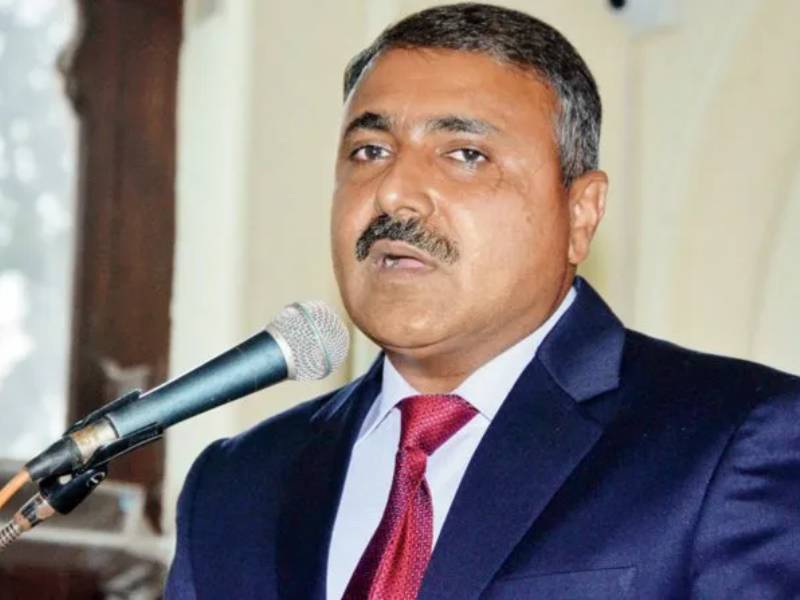
Abdur Rahman: Author, Activist, Former IPS Officer
Abdur Rahman (born in 1973) is a distinguished former Indian Police Service (IPS) officer, author, and social reformer whose career is marked by integrity, intellectual depth, and a commitment to justice. Born and raised in Maharashtra, Rahman served in the IPS for over two decades, where he earned a reputation for fairness, efficiency, and adherence to the principles of the Constitution.
Rahman’s decision to resign from the IPS in 2019 in protest against the Citizenship (Amendment) Act (CAA) highlighted his unwavering commitment to secularism and human rights. He publicly criticized the law as discriminatory and contrary to the ethos of India’s pluralistic democracy, making him a prominent voice against the marginalization of minorities.
Beyond his police career, Rahman is an accomplished author who has written extensively on social justice, communal harmony, and governance. His books, including Denial and Deprivation and Communal Crimes and National Integration, delve into issues of systemic inequality, minority rights, and the role of governance in fostering an inclusive society. His scholarly works are widely appreciated for their insightful analysis and balanced approach, bridging the gap between academic research and grassroots realities.
Rahman’s writings and public engagements reflect his deep understanding of India’s socio-political fabric and his vision for an equitable society. As a speaker, he continues to address forums on topics ranging from constitutional values to communal harmony, inspiring many to strive for justice and equality.
A firm believer in education as a tool for empowerment, Rahman also engages in initiatives to uplift marginalized communities through awareness and advocacy. His multifaceted contributions, as a law enforcer, intellectual, and reformer, underscore his dedication to building a just and inclusive India.
Abdur Rahman’s life exemplifies courage, scholarship, and a steadfast commitment to principles, making him a respected figure in contemporary Indian society.